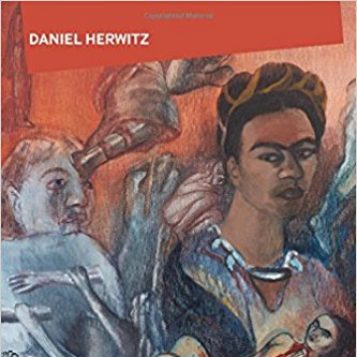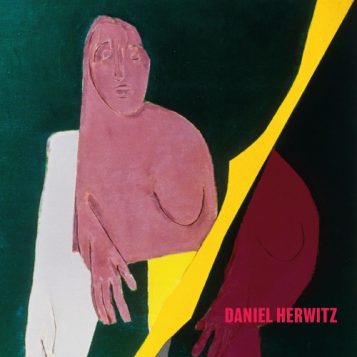Frederick G. L. Huetwell Professor; Comparative Literature, History of Art, Philosophy, Art & Design
herwitz@umich.eduOffice Information:
435 S. State Street
Ann Arbor, MI 48109
phone: 734.763.2351
hours: Mondays 10am-12pm
Comparative Literature; Africa; Global South; Philosophy and Theory; Film and Media; Race and Ethnicity; Colonialism and Postcolonialism; Transnational and Global Cultures
Highlighted Work and Publications
Heritage, Culture, and Politics in the Postcolony
Daniel Herwitz
The act of remaking one's history into a heritage, a conscientiously crafted narrative placed over the past, is a thriving industry in almost every postcolonial culture. This is surprising, given the tainted role of heritage in so much of colonialism's history. Yet the postcolonial state, like its European predecessor of the eighteenth and nineteenth centuries, deploys heritage institutions and instruments, museums, courts of law, and universities to empower itself with unity, longevity, exaltation of value, origin, and destiny.
Bringing the eye of a philosopher, the pen of an essayist...
See MoreAesthetics, Arts, and Politics in a Global World
Daniel Herwitz
A different set of purposes define culture today than those that preoccupied the world in the immediate decades of decolonization. Focusing on art and music in diverse parts of the world, Daniel Herwitz explores a world that has largely shifted from the earlier days of nationalism, decolonization and cultural exclusion, to one of global markets and networks.
Using examples from India and Mexico to South Africa, Australia and China, Herwitz argues that the cultural politics and art being produced in these places are now post- postcolonial. Where the postcolonial downplayed formerly...
See MoreThe Political Power of Visual Art Liberty, Solidarity, and Rights
Daniel Herwitz
Visual art has a ubiquitous political cast today. But which politics? Daniel Herwitz seeks clarity on the various things meant by politics, and how we can evaluate their presumptions or aspirations in contemporary art.
Drawing on the work of William Kentridge, drenched in violence, race, and power, and the artworld immolations of Banksy, Herwitz's examples range from the NEA 4 and the question of offense-as-dissent, to the community driven work of George Gittoes, the identity politics of contemporary American art and (for contrast with the power of visual media) literature written...




